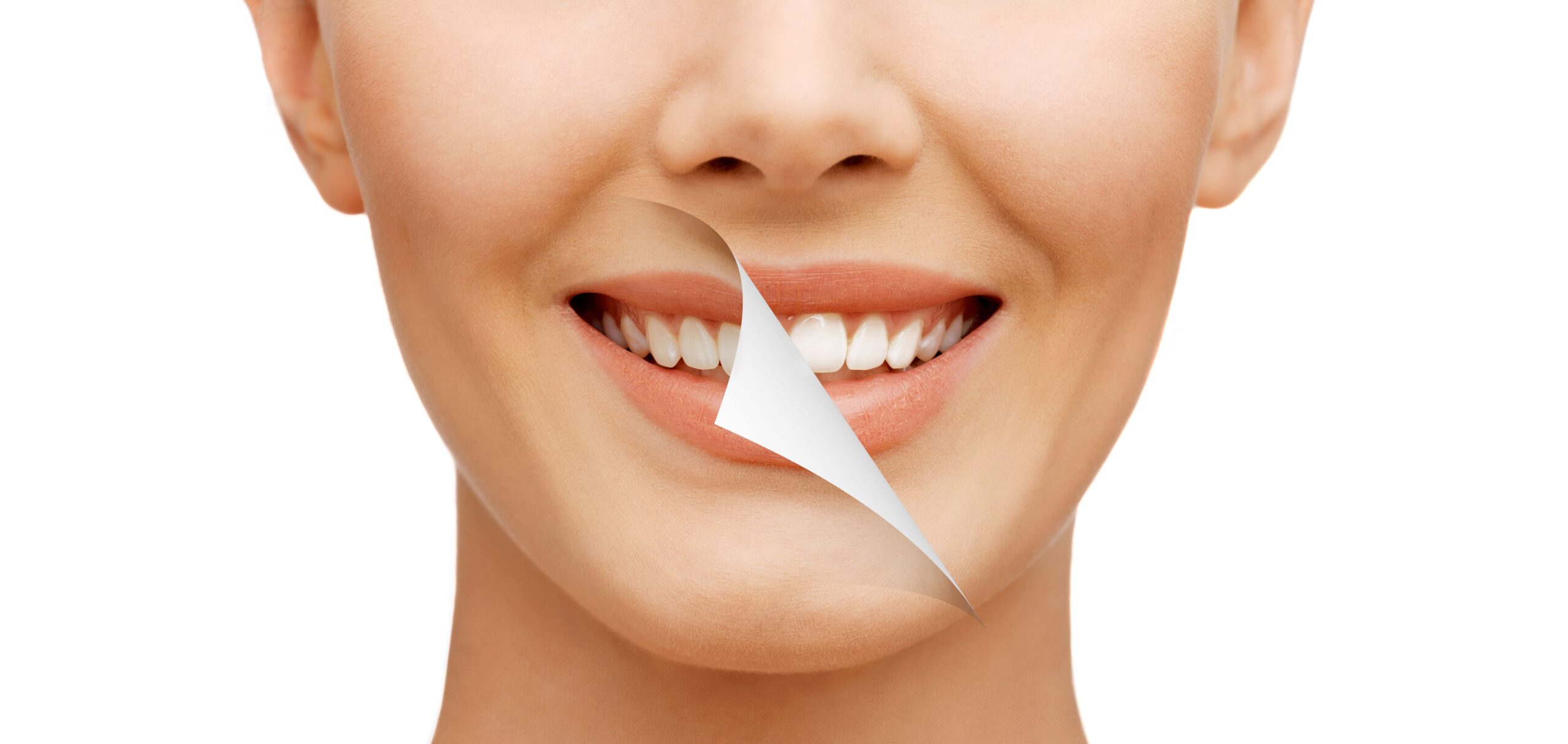Are you one of the many people who break into a cold sweat at the mere thought of visiting the dentist? Do you avoid dental appointments like the plague, even when you know you should go? If dental anxiety has you in its grip, fear not! Chapel Hill North Carolina Dentist is here to guide you on your journey to conquer dental anxiety and take back control of your oral health. This article is here to help you overcome your fear of the dentist’s chair and take charge of your oral health.
Understanding Dental Anxiety
Dental anxiety is a common phobia that affects millions of people worldwide. It can range from mild uneasiness to paralyzing fear, preventing individuals from seeking necessary dental care. It often stems from various factors:
The Fear of Pain
One of the most significant contributors to dental anxiety is the fear of pain. Many people associate dental procedures with discomfort or even agony. The anticipation of pain can be overwhelming, leading to avoidance of dental visits.
Past Traumatic Experiences
A traumatic dental experience in the past can leave lasting emotional scars. These memories can make individuals dread any future dental appointments.
The Sounds and Smells
The sights, sounds, and smells of the dental office can be intimidating. The whirring of drills and the clinical environment can make even the bravest souls nervous.
Loss of Control
Sitting in the dentist’s chair often means surrendering control, which can be unsettling for many. It’s natural to feel vulnerable when you’re reclined in a chair with someone probing your mouth.
Coping Strategies for Dental Anxiety
The good news is that dental anxiety can be managed and, in many cases, overcome. Here are some strategies to help you conquer your fear:
Open Communication
Your dentist is not a mind reader. They may not know the extent of your anxiety unless you share it. Honest communication is crucial. Talk to your dentist about your fears and concerns. They can adjust their approach to make you more comfortable.
Choose the Right Dentist
Not all dentists are created equal. Look for a dentist who specializes in treating patients with dental anxiety. They often have a more gentle and empathetic approach, which can put you at ease.
Gradual Exposure
Start small. Instead of jumping into a complex procedure, begin with a simple check-up or cleaning. Gradually exposing yourself to dental visits can help desensitize your fear.
Relaxation Techniques
Practice relaxation techniques like deep breathing, meditation, or visualization before and during your dental appointment. These techniques can help calm your nerves and reduce anxiety.
Distraction
Bring headphones and listen to your favorite music or an audiobook during the appointment. This can divert your attention and make the experience less stressful.
Sedation Options
Ask your dentist about sedation options. Sedation dentistry can range from mild sedation that relaxes you to complete anesthesia, where you’re unconscious during the procedure. Your dentist can recommend the most suitable option based on your anxiety level and the type of treatment.
Overcoming the Fear of the Unknown
Knowledge is a powerful weapon against fear. Often, the fear of the unknown is the most challenging aspect of dental anxiety. Understanding what to expect can make a world of difference:
\Pre-Appointment Information
Before your appointment, ask your dentist for detailed information about the procedure. Knowing what will happen step by step can demystify the process and reduce anxiety.
Tour the Office
Some dentists offer office tours to familiarize patients with the environment. This can help reduce the fear associated with the clinical setting.
Ask Questions
Don’t hesitate to ask your dentist as many questions as you need to feel comfortable. They can explain each step, the purpose of the procedure, and any potential discomfort you might experience.
The Role of Dental Technology
Advancements in dental technology have made the patient experience more comfortable and efficient. Here are some modern technologies that can help alleviate dental anxiety:
Laser Dentistry
Laser technology is minimally invasive and often less painful than traditional methods. It’s used for various procedures, including gum treatments and cavity fillings.
Digital Impressions
Say goodbye to messy impression materials. Digital impressions provide accurate and comfortable alternatives for procedures like crowns and bridges.
Sedation Monitoring
Modern monitoring systems ensure your safety during sedation. Your vital signs are closely watched to prevent any complications.
The Importance of Regular Dental Visits
Overcoming dental anxiety doesn’t happen overnight, but regular dental check-ups are a crucial part of the process. Here’s why:
Preventive Care
Regular dental visits allow your dentist to catch and address issues early. This means less extensive and less painful treatment.
Familiarity Breeds Comfort
The more you visit the dentist, the more familiar the environment becomes. Familiarity can help ease your anxiety over time.
Build Trust
Building a strong, trusting relationship with your dentist is key. As you become more comfortable with your dental team, your fear will diminish.
The Road to a Fear-Free Smile
Overcoming dental anxiety is a journey, and it’s one that you can embark on. Your oral health is essential, and it’s worth the effort to conquer your fear of the dentist. Remember, you’re not alone, and there are dentists and resources available to support you in this endeavor.
Start by taking small steps and gradually exposing yourself to dental visits. Choose a dentist who understands your fear and is willing to work with you. Communicate openly about your concerns, and use relaxation techniques to help calm your nerves.
Conclusion
By addressing the root causes of dental anxiety and offering techniques to overcome it, this book empowers readers to take control of their oral health and enjoy a more comfortable, anxiety-free experience in the dentist’s chair. With the knowledge and tools provided in this guide, individuals can look forward to better dental health and improved overall well-being, breaking free from the constraints of dental anxiety and taking a significant step towards a healthier, happier life.

